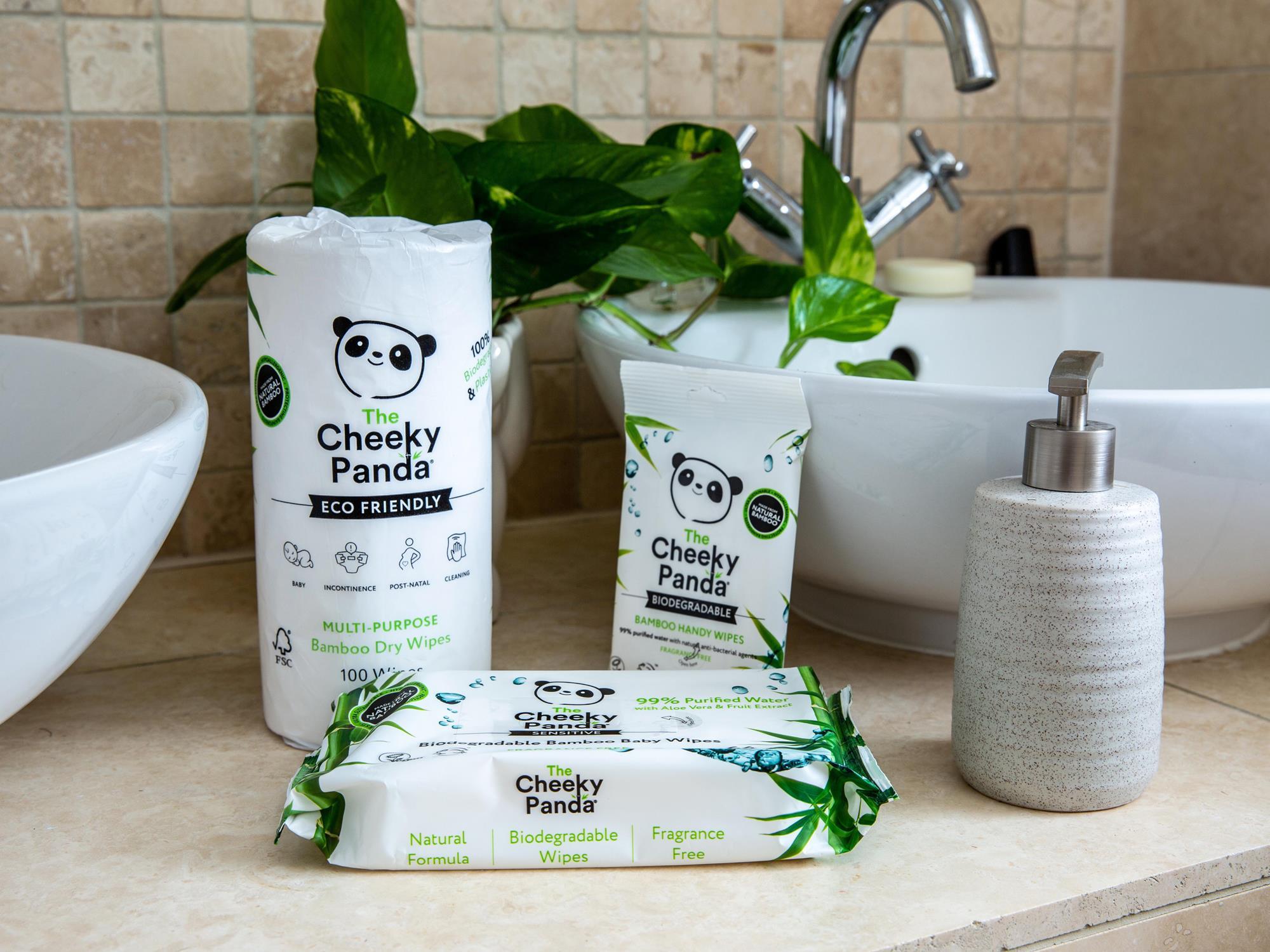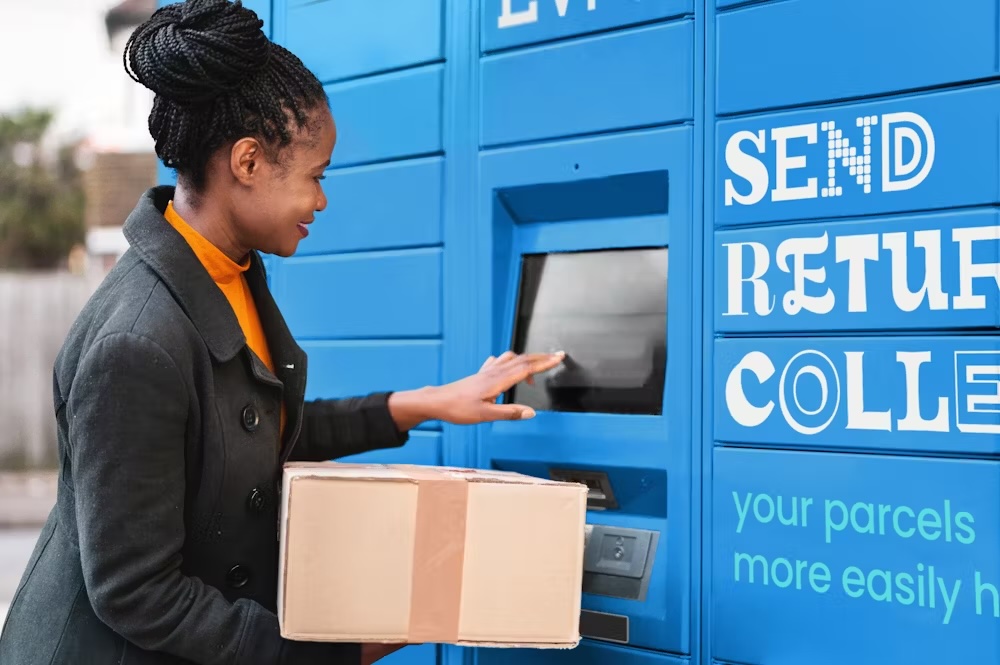The Cheeky Panda launched in 2016 and sells sustainable bamboo products – such as toilet tissue, face wipes, kitchen roll and a mother & baby range. Its own sustainable growth, from a husband and wife partnership to a team of 35 selling across the UK, Europe and most recently America, is down to its “blended approach”.
Chris Forbes, co-founder of The Cheeky Panda, sat down with Katie Searles to discuss finding the right balance when engaging with customers, marketplace giants like Amazon, and a subscription offering.

Initially, The Cheeky Panda was Julie’s idea, according to Forbes. He even questioned: “why bamboo?” To which she explained: “it’s the world’s fastest growing plant. It’s really soft and silky. There’s no chemicals in it”.
So the couple started with bamboo toilet tissue in a bid to turn “an original idea, and an original material” into a market disruptor. As both toilet paper and kitchen roll are household staples, these products also fit neatly into a subscription offering.
“We knew it was highly repeatable. Subscriptions for us came quite early and were mainly driven through Amazon and other ecommerce marketplaces. Then it built into the DTC element – layered in shortly after launching the brand,” notes Forbes.
The B-corp Certified retailer has found harmony in selling through marketplaces, in physical stores such as Boots, Waitrose and Whole Foods, as well as running its own site and subscription service. It’s “different horses for different courses,” Forbes explains.
“There was a natural separation between the channels. The box of 48 tends to be the best one for subscription. For retail, they like packs of nine or packs of four. People buy differently in convenience to what they do in subscription.
“Unit economics wouldn’t allow us to sell and post a pack of nine – it would just be very, very expensive.”
D2C brands achieved “some crazy valuations” during the Covid-19 pandemic, as consumers “fell in love” with subscriptions, but Forbes was cautious, understanding that “the most important thing is whichever way somebody wants to purchase something – we are available within that channel”.
While Forbes and the team have worked to ensure customers can easily find the panda-embossed products, they have also been working to ensure the products keep shoppers coming back.
“There’s lots of ways to get into our brand. People can get in via the toilet tissue or the kitchen towels. We get quite a lot of new mums coming in with the baby wipes or nappies. They might come in and say ‘okay, I’m buying for my baby but they’ve got a makeup remover. I’ll get the makeup wipes for me’. Then they can build the basket and then that’s where we get a really nice economies of scale and unique economics.”
Forbes stressed that this couldn’t be possible without building a sense of trust and association. He uses Apple as an example: “It’s probably the best in class. Whenever they launched a new product, people didn’t need to overanalyze what the product was. People were like, ‘it’s an Apple product’. That’s what we’re trying to do with The Cheeky Panda. Every time we create a new product, we want people to just automatically go, ‘I trust the product’. That’s on us to make sure we keep delivering high quality products.”
The Cheeky Panda may be able to ensure their products are worthy of their customers’ trust, but one challenge the growing brand has faced is the price of new customer acquisition.
“With subscription these days, there is a common theme for a lot of entrepreneurs in the space – the disappointment with Meta and Google over the cost per acquisition price, and then what’s happened in the cost per acquisition price over the last three years.”
Forbes explains that while the cost of acquisition using such sites is increasing, they are seeing consumers switching off and no longer trusting such sites or social media as a way of referral.
“Brands need to be a little bit more creative and think outside the box in terms of how they want to engage with customers,” he stresses. “A more blended approach is the right approach.”
They have worked tirelessly to achieve a 4.6 Trustpilot rating, and a 4.8 average Rating on Yotpo. Even delivery issues are seen as an opportunity for The Cheeky Panda to give good customer service. This experience is something they are now looking to replicate across the globe.
“Rome was not built in a day. We’ve been around for eight years. It’s taken us a while to really get the formula right for the UK. But now that we’ve got those formulas correct, it makes it repeatable for us and other markets,” he concludes.
Stay informed
Our editor carefully curates two newsletters a week filled with up-to-date news, analysis and research, click here to subscribe to the FREE newsletter sent straight to your inbox and why not follow us on LinkedIn to receive the latest updates on our research and analysis.









